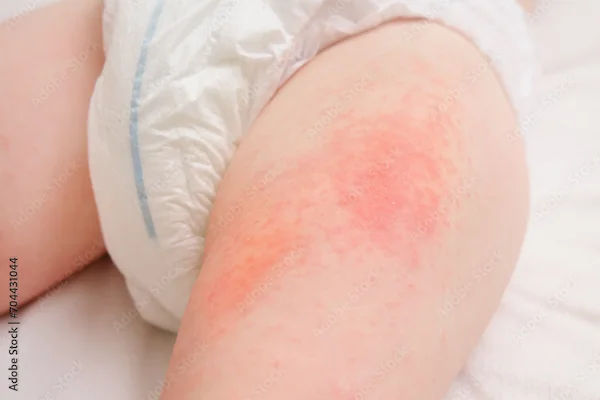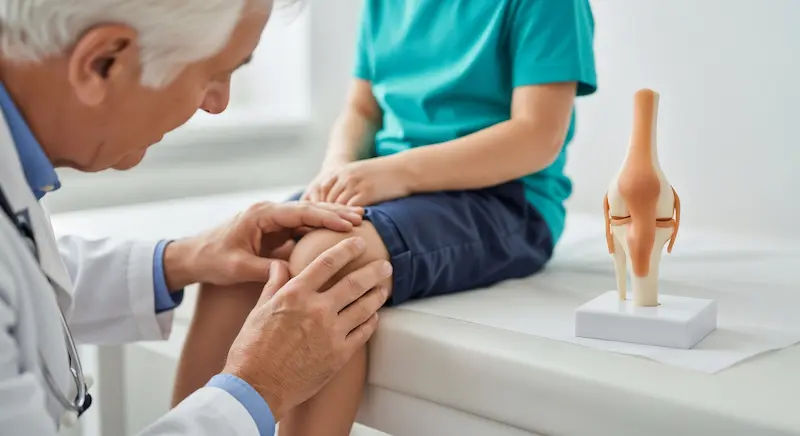- Female
- 30 Years
- 22/01/2025
I'm feeling pretty worried because my 6-month-old baby accidentally got a piece of paper in his mouth. I managed to get some of it out, but I'm not sure if he swallowed the rest or if it's still in there. What should I do now? Is there a chance it could cause any harm or should I just keep an eye on him for any symptoms?
Answered by 1 Apollo Doctors
Minors ingesting minuscule paper pass them through stools. If the child has any sort of choking, gagging, fast breathing please make sure to go to the local paediatrician.
Dr. Chandra Suggests...
Consult a Paediatrician
Answered 04/07/2025
0
0

More Paediatrics Health Queries
View allI'm trying to figure out which medicine we should use for nebulization for my 7-year-old who's dealing with a cold and cough. We've been trying steam, but it doesn't seem to be doing much. Any advice on what might be more effective?
Visit pulmonologist for evaluation and appropriate management
Answered by 1 Apollo Doctors
My baby girl is just 3 months old, and I've noticed that her eyes seem a bit flat. Is this something serious? What should we do to take care of this right away? Would really appreciate your guidance on this concern.
yes,visit your foe appropriate management
Answered by 1 Apollo Doctors
I'm really worried about my 4-year-old. They've had a cold and cough for three days now and are even throwing up. We've already given them an antibiotic and some cough syrup, but I'm not sure if that's enough or if we're doing the right thing. Could it be something more serious or should we try something else?
Lox 2% jelly, containing lidocaine, can provide temporary numbing relief for painful intercourse due to lack of lubrication. However, it's essential to use it with caution: *Safety Precautions* 1. *Consult your doctor*: Before using Lox 2% jelly, consult your doctor, especially if you have any underlying medical conditions or allergies. 2. *Use as directed*: Follow the instructions carefully, and apply the jelly only to the affected area. 3. *Avoid excessive use*: Don't use more than the recommended amount, as this can lead to prolonged numbness or other adverse effects. *Alternative Solutions* 1. *Water-based lubricants*: Consider using water-based lubricants, like K-Y Jelly or Astroglide, which can help reduce friction and discomfort during intercourse. 2. *Hormonal treatments*: If you're experiencing vaginal dryness due to hormonal changes, your doctor may recommend hormonal treatments, such as estrogen creams or supplements. *Addressing Underlying Issues* 1. *Gynecological check-up*: Schedule a check-up with your gynecologist to rule out any underlying conditions that may be contributing to your discomfort. 2. *Open communication*: Discuss your concerns with your partner, and explore ways to make intercourse more comfortable and enjoyable for you.
Answered by 1 Apollo Doctors
Disclaimer: Answers on Apollo 247 are not intended to replace your doctor advice. Always seek help of a professional doctor in case of an medical emergency or ailment.





